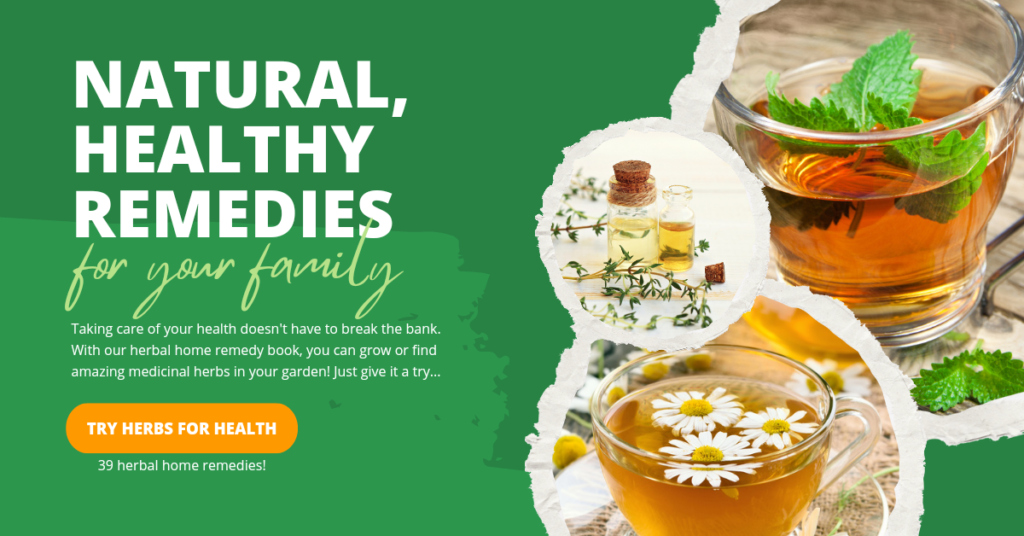This site contains affiliate links to products sold by selected self improvement partners. We may receive a commission for purchases made through these links.
I remind you that the information provided in this series is for information purposes only, and is not to be used or relied on for any diagnostic or treatment purposes. This information is not intended to be patient education, neither is it to be construed as such. It does not create any patient-physician relationship, and should not be used as a substitute for professional diagnosis and treatment where required. Consult a doctor for medical advice, treatment or diagnosis.
Also while every attempt is made to ensure accuracy, you are strongly advised to take responsibility and do your own research.
In the previous article we looked at some advantages and disadvantages of herbal medicines, along with some considerations for using them.
In this article we are going to look at the language associated with plant medicine.
‘Plant medicine’ is a term that’s not often used in our daily language. Only those who are interested in herbalism are aware of the potent health benefits of using herbs and tend to use this term more often.
To most other people, plant medicine is some esoteric and exotic philosophy that’s best left to the ‘new age health fanatics’. In reality, plant medicine is quite straightforward once you understand the language and how it works.
The focus of plant medicine
For starters, the focus is mostly on herbs. While you can get health benefits by consuming foods such as broccoli, kale and other vegetables that are rich in micronutrients and antioxidants, plant medicine is mostly concerned with herbs.
After all, you can’t make a broccoli tea. Or can you?
One of the reasons herbs are used as plant medicine is because of the simplicity involved. It’s very easy to brew an herbal tea and consume it.
While you can use herbs in your cooking, it’s a lot faster to just make a quick ginger tea if you have indigestion or a cup of basil tea if you’re down with the flu. Quick remedies are what you need and that’s why herbs are great.
So, how do herbs work?
There are several benefits of consuming herbs, and they mostly fall into a few specific categories. In this section we are going to look at the language associated with plant medicine.
You might already be familar with some of the words used.
Tonics – herbs like ginseng are often used in tonics to improve your health by making your body function optimally.
Antioxidants – you may have heard this term ad nauseam, and all it really means is that the herbs contain properties that arrest free radicals and eliminates the damage they cause. You can get antioxidants from vegetables and fruit too. Most herbs are rich in antioxidants.
Adaptogens – this ‘scientific-sounding’ word just refers to herbs that help the body to combat stress. Herbs like arctic root, aloe vera, milk thistle, ashwagandha, astragalus, etc. are all examples of adaptogens. When your body is able to manage stress, it will be less prone to disease.
Hepatic – this refers to herbs that help the liver function well. Turmeric, liquorice, ginger, yellow dock, etc., are all hepatic herbs that aid with liver function.
Alteratives – An alterative refers to an action within the body where the body’s processes are slightly altered so it acts in a way which improves one’s health. This is a difficult term to explain, given some government regulations regarding words that cannot be used – but one good example is drinking chickweed tea to “cleanse” your blood.
In Jamaica, we had cerassie tea to “cleanse” the blood. Cerassie is a bitter herb.
For people who are focused on the correct use of words, I suppose it might not be strictly accurate. It could, however, be more a (colloquial) way of speaking.
Perhaps a better word could be used (purgative)? After all, the word ‘alterative’ is now considered obsolete.
Stimulants – forget the energy drinks. Herbal teas can help to ‘wake you up’ and energize you. Ginseng, maca and ashwagandha are examples of herbs that will give you energy.
Unlike energy drinks which may cause nervousness and heart palpitations, these natural stimulants are much gentler on your system. You’ll also not get tons of sugar in your body (often found in energy drinks).
Nervines – herbs that help support the nervous system are known as nervines. They calm the body, aid in sleep and provide a general sense of relaxation within the body. Chamomile, lemon balm, and skullcap are a few examples of herbs which are nervines.
By now, you’ll realize that herbs have many properties that support and promote good health. While you may study herbalism in depth when you have the time, what is your key takeaway from this article? Include herbs in your diet.
Study is great, but consumption is even better.
You can start by sipping on chamomile, dandelion, green, or mint tea to help boost your health or just to make you feel better.
If you have any health problems, do consult with a qualified practitioner as to what suitable herbal remedies might be used to address them – and give them a try. You just might be amazed by the results.
Plant medicine is like paint. It does no good until it’s applied. Start applying it today.
In the next article, we will look at some scenarios where plant medicines may not work and when you may need to get help.
To a better, wiser, stronger YOU!

Note: I am an affiliate for the above offer and may get a commission on each sale.
Peace!
This site contains affiliate links to products sold by selected self improvement partners. We may receive a commission for purchases made through these links.
